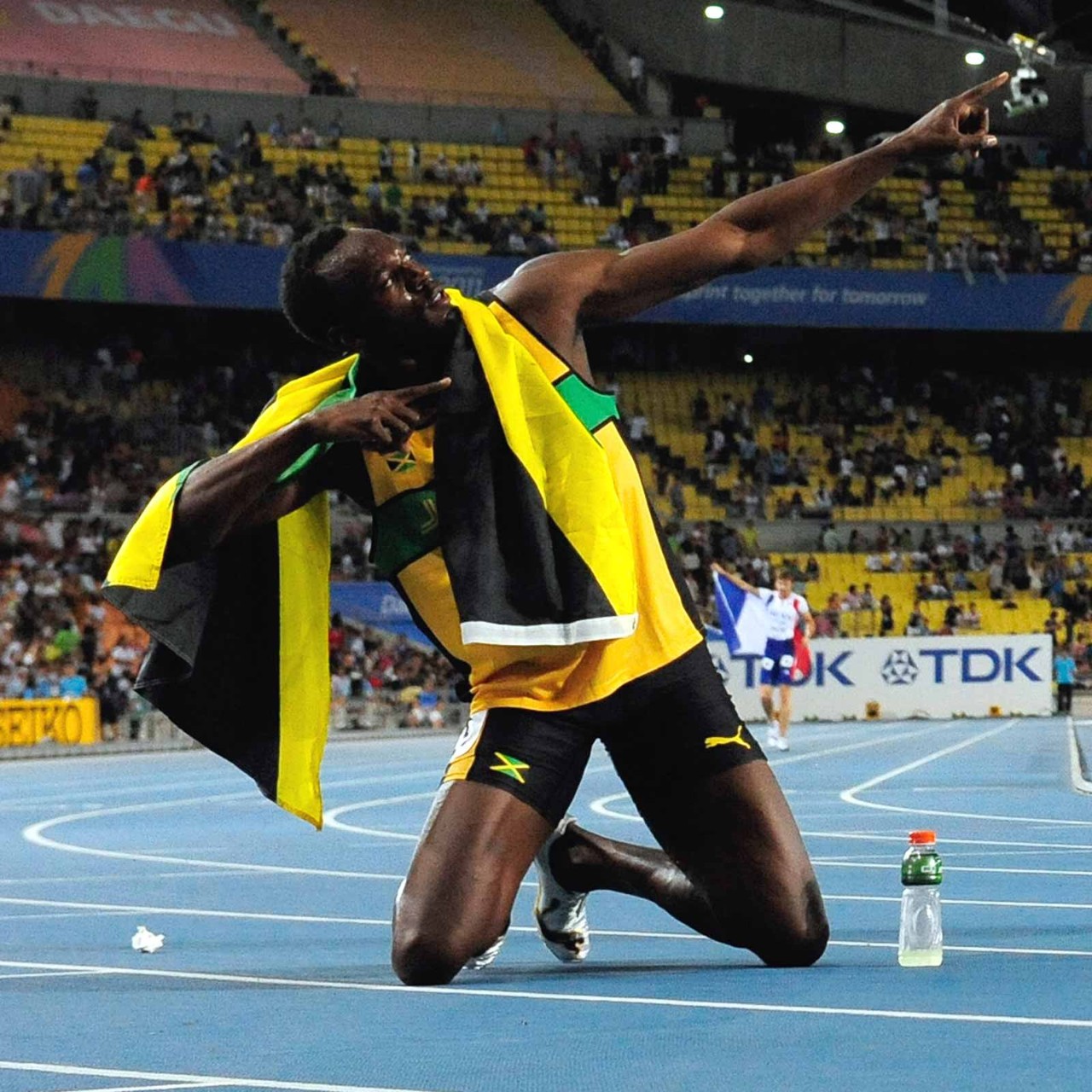
One of the economic advisers closest to Indian prime minister Narendra Modi says accountants will have a 'big role' to play not only in the continuing growth of the country but also in the recovery of markets around the world as they confront the current crisis.
Sanjeev Sanyal, a member of the prime minister’s Economic Advisory Council, was speaking at the 21st World Congress of Accountants in a panel discussion exploring the profession’s role in economic recovery.
Sanyal said India was currently experiencing high growth, around 7% this year. This had followed significant infrastructure investment and reforms such as the introduction of an internal 'common market' and an inflation-targeting framework. There are also changes to the insolvency and bankruptcy regime, Sandal said, to allow the 'creative destruction' that’s important for an entrepreneur economy.
'One of the important things is the framework of trust, which the profession brings to the table'
In the midst of all this are accountants. 'Our accountancy profession has a very big role to play,' said Sanyal, 'because one of the important things in all of this is the framework of trust, which the accountancy profession brings to the table.'
The backdrop against which accountants around the world will be working is one of the most challenging of recent times. The scene was set by M Ayhan Kose, chief economist for the Prospects Group at the World Bank, who outlined four key roadblocks: the main engines of global growth – the US, EU and China – are all struggling to achieve economic expansion; inflation around the world is at record levels; interest rate rises have led to 'tighter' financing conditions; and geo-political uncertainty has created food and energy insecurity.
'In a nutshell we are expecting weaker growth, persistent inflation into next year, and probably volatility in commodity markets and financial markets,' said Kose.
Building trust
Sanyan was not the only figure to identify the importance of the accountancy profession in what comes next. Dinesh Kumar Khara, chair of the State Bank of India, pointed to the role accountants have in establishing trust and confidence in capital assets.
He said the foremost concern for any bank is the recognition of asset quality, not just through financial value but also by providing confidence in valuation through being trusted advisers. The 'accounting profession has a lot to contribute in terms of identifying it [asset quality], beyond the numbers'.
He added the profession 'goes a long way in terms of building that trust in the numbers that are being presented before boards'.
That means accountants play a cornerstone role in maintaining the 'stability of the system'. The confidence of investors was built on the reports compiled by accountants, Khara added.
'If economies are going to recover, they should improve their own accounting'
Possessing all the tools
Kamlesh S Vikamsey, a past president of the Institute of Chartered Accountants of India, argued that accountants would be central to recovery, as their experience of the pandemic illustrated.
'Thanks to technology, we could virtually connect with each other. Even the data flow from auditee to auditor was flowing through technology and did not stop work; business did not stop,' he said.
He said the profession would have a number of key roles in recovery: providing assurance to large corporates so they can raise capital and providing 'accurate measurement' on sustainability issues. Accountants would also help businesses pay their taxes, an essential exercise if governments are to go ahead with spending plans. 'Worldwide accountants must take pride that we have a very, very important role in contributing to economies that will continue.'
Vikamsey argued that if economies are going to recover, they should improve their own accounting and called on the Indian government to adopt International Public Sector Accounting Standards, which would also help with transparency and the state’s pursuit of sustainability. 'Future generations would like to know what is the financial state of the country. When we’re talking about navigating global economic recovery, I think this is one of the primary things that we set right,' Vikamsey said.
Sanyal accused those who develop ESG measures and definitions of 'neo-colonialism'
Sanyal responded by pointing out the difficulty of integrating a new accounting system from central government down through many levels of regional and local administration. 'The capacity to do this kind of accounting is not always there,' he said.
Sanyal also levelled criticism at the use of ESG principles, accusing those who develop measures and definitions of 'neo-colonialism'.
'There are a whole bunch of these indicators generated by well-known Western thinktanks on things like freedom and democracy, and so on. And you will find that India does suspiciously badly in them in recent years.
'Now, this is clearly a reflection of political opinions of a few so-called experts, there is no reflection in reality.'





